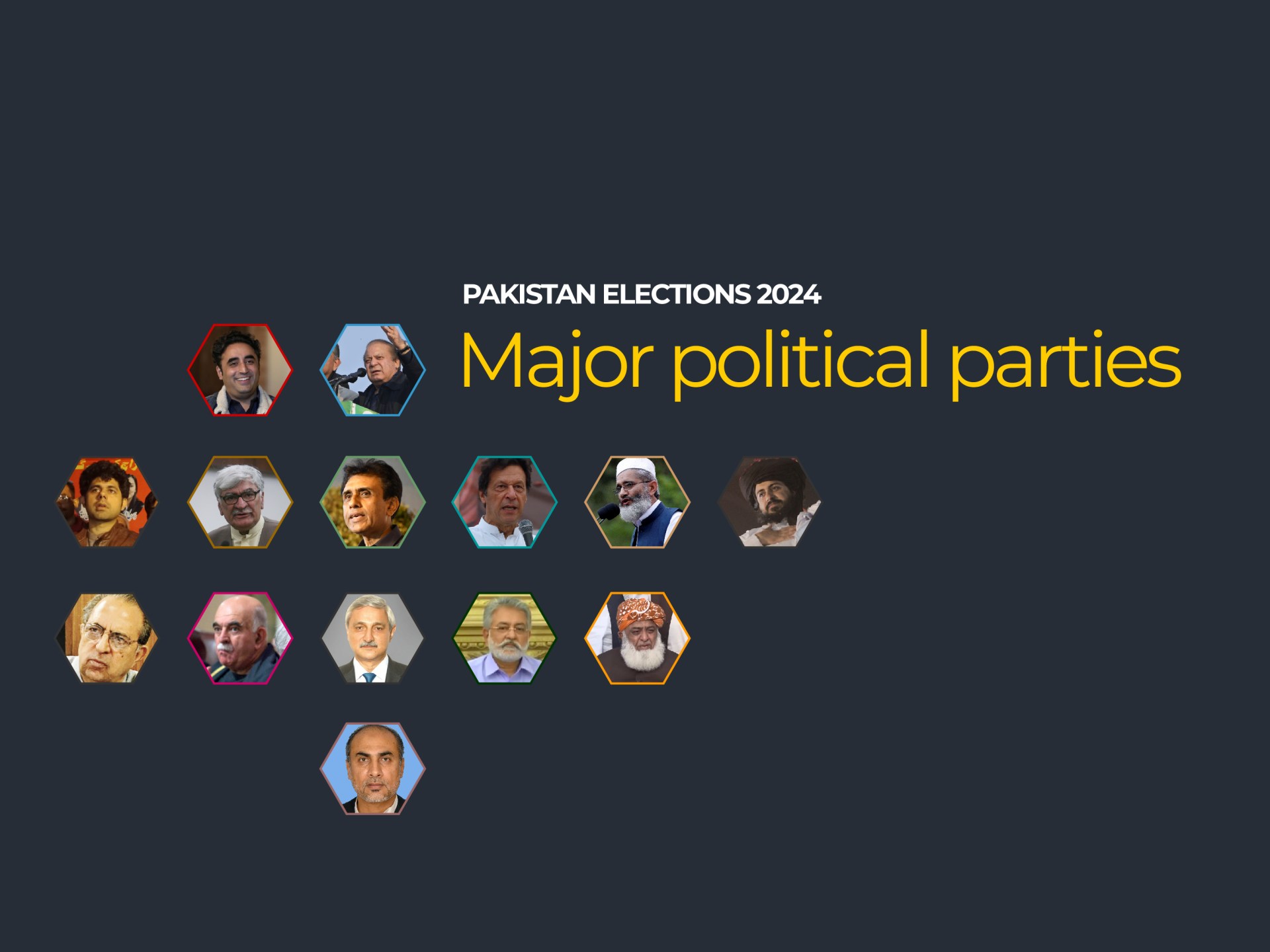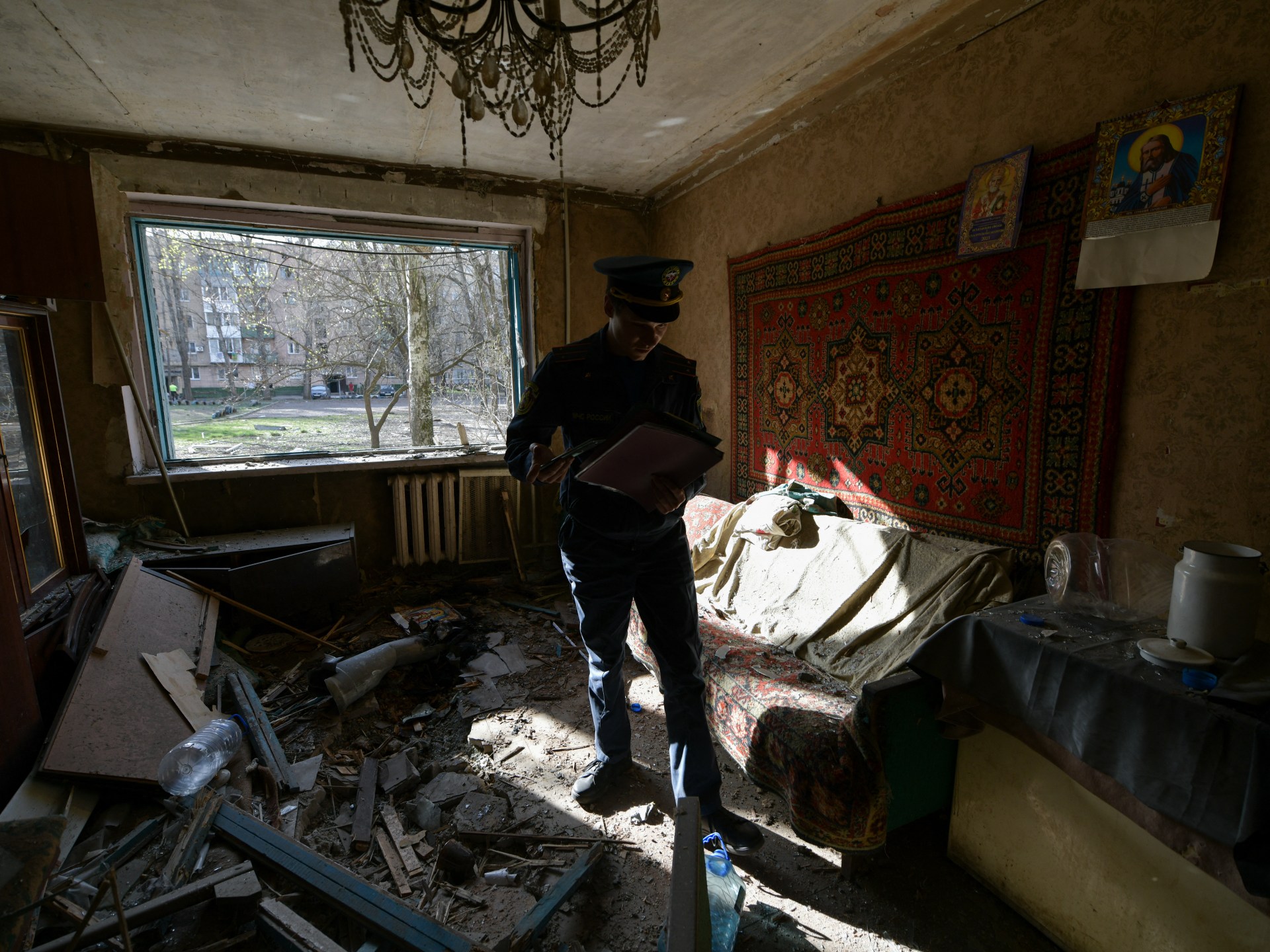At UN, Horn of Africa nations urge global solidarity and real reform — Global Issues
Leaders from Somalia, Ethiopia, Djibouti and Eritrea painted a grim picture of a planet marred by the unforgiving impacts of climate change. They left no room for equivocation: This is an existential crisis that demands immediate, collective action.
They highlighted the upcoming COP-28 climate conference in the United Arab Emirates as an unparalleled opportunity for the world to fulfill its obligations to the planet’s most vulnerable nations.
The leaders, whose respective statements set out their national narratives, also agreed on the pressing need for an overhaul of multilateral institutions and international financial systems, highlighting that the present structures are clearly not fit for 21st century purpose.
Power in solidarity, cooperation
Hamza Abdi Barre, Prime Minister of Somalia, highlighted the “power of solidarity and cooperation” in an interconnected world and urged leaders to accelerate action to achieve the Sustainable Development Goals (SDGs).
He reported on his country’s fight against terrorism and advancing peace.
“We have dealt with an iron fist with extremism,” he said, noting that Somalia managed to clear more than 45 per cent of the areas that were previously occupied by terrorists.
Mr. Barre commended the bravery and sacrifices made by the African Union’s Transition Mission in Somalia (ATMIS) and thanked its troop contributing countries.
He expressed Somalia’s commitment to the full implementation of the security transition plan and taking over the full security responsibility once the ATMIS forces depart by the end of 2024.
The Prime Minister also reiterated his country’s call for the removal of arms embargo imposed by UN Security Council in 1992, expressing that Somalia now has the necessary and competent systems to control possession, use and storage of firearms.
Lifting this embargo would allow his country to combat terrorism even more effectively and build a peaceful and prosperous future for its people, he said.
In his address, Mr. Barre also voiced concerns over the sharp increase in armed conflicts and military coups, especially in Africa, and their impact on vulnerable populations.
Are we prepared to work together
Demeke Mekonnen Hassen, Deputy Prime Minister of Ethiopia, asked world leaders: “Do we have the necessary political will to choose global partnership over geopolitical competition [and] are we prepared to work together towards a promising age of shared prosperity?”
The uncomfortable truth, he said, is that policy choices are escalating tensions, poverty and hunger are rising, and progress towards achieving the SDGs is off track.
He also voiced “grave concern” over the threat of nuclear weapons, calling for cooperation to ensure that new technologies such as artificial intelligence are used responsibly.
Turning to global security, the Ethiopian leader emphasized the need for a system that respects the sovereignty of Member States and prevents conflict.
“Reforming the Security Council is not a choice, but an absolute necessity,” he stressed, calling for permanent seats for Africa.
He also showcased Ethiopia’s efforts for sustainable development and climate action, noting its 10-year development plan aligned with the SDGs and the national “Green Legacy Initiative” to ensure development through rural and urban green programmes.
In his address, Mr. Hassen called on States to recommit to the UN Charter, underlining the need for an inclusive multilateral system.
“Maintaining the status quo will not advance our shared interest of ensuring peace and prosperity,” he declared.
Resist temptation to give up
Mahamoud Ali Youssouf, Minister for Foreign Affairs of Djibouti, also stressed the need for strengthening multilateralism and international cooperation.
There is a tendency to “group together into clubs”, he said, adding that this “minilateralism” results in resistance to change in international institutions, compounded by worsening inequality and geopolitical competition.
While this is not irreversible, it does require massive investment to create a system that accounts for current geopolitical realities and reinforce close cooperation, he said.
“We must not give into the temptation to give up,” he said.
Foreign Minister Youssouf also reported that despite a deteriorating global economic situation, Djibouti has made notable progress in reducing malnutrition, managing the pandemic and aligning national policy with the SDGs.
The Government also prioritizes poverty-reduction, sustainable economic growth and access to potable water and sanitation, as well as investments in renewable energy and climate change adaptation.
Of note is the recent inauguration Djibouti’s first ‘wind park’, which will generate 60 megawatts of clean energy, Mr. Youssouf highlighted.
Amid conflicts and crises in all corners of the world, he welcomed the UN-led transfer of oil from the FSO Safer tanker as an example of model international cooperation, stating that the coasts of the Horn of Africa and the Arabian Peninsula would have been completely polluted if the region and the world had not acted quickly.
Elevate the United Nations
Osman Saleh Mohammed, Minister for Foreign Affairs of Eritrea, said that the United Nations, as the principal international platform, must be elevated – in terms of structure and mandate – “to a cherished umbrella organization that can fulfil its historic mandate with efficacy and potency.”
In that regard, he stressed that the much-vaunted reform of the Security Council should not be perceived as “nominal tampering” merely limited to increasing the number and geographical representation of new members.
“The architecture of veto power and other institutional distortions that incapacitate the [Council] from exercising its responsibilities … must be examined with the historical track-record,” he said.
Foreign Minister Mohammed also stressed that the “political horse-trading” and the misuse of Security Council membership to advance narrow national interests are not compatible with the solemn responsibility entrusted to the body.
“The criterion of membership should not be confined to, and determined by, mere political and economic clout; population size, etc. Membership in the [Council] must reflect the wide spectrum of Member States in the UN,” he said.
In his address, Mr. Mohammed also denounced the sanctions imposed against his country from 2009 to 2018 was an act of transgression and deceit that required full redress and accountability.
Check out our Latest News and Follow us at Facebook
Original Source







